Ten years ago, then-President Barack Obama proclaimed June as Immigrant Heritage Month, and for the past eight years, Philadelphia has celebrated this occasion through the Office of Immigrant Affairs (OIA). The director of the Office, Amy Eusebio, and her team chose this year’s theme, «Untold Stories: Amplifying Immigrant Voices.» «We all have a story to tell as immigrants, whether we migrated by choice or through forced migration,» she noted.
At the June 17 event at City Hall, VietLead screened two episodes of their documentary Taking Root, directed by Oanh-Nhi Nguyen, alongside Lan Dinh, and produced by them.
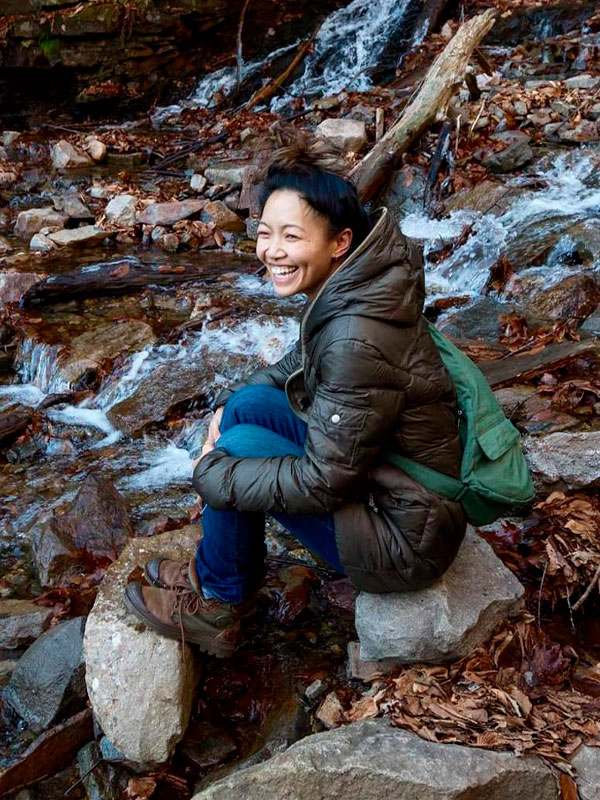
Lan is a descendant of a family of Vietnamese refugees who resettled in West Philadelphia. This activist is part of VietLead, a community organization in Philadelphia and South New Jersey that has been creating a vision and strategy for community self-determination, social justice and cultural resilience of the Asian community for 25 years.
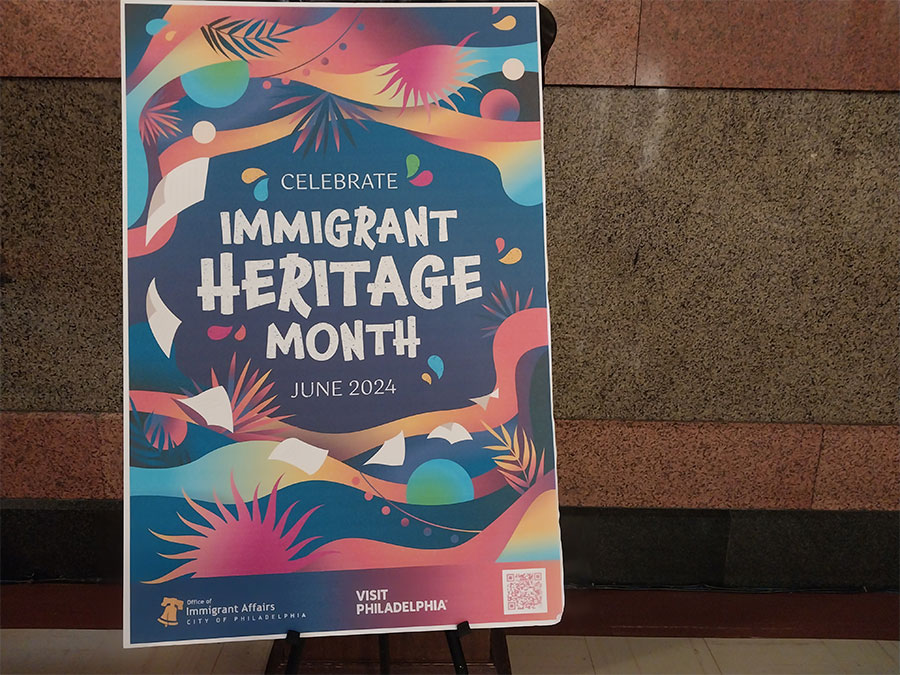
The resettlement of refugees
Dozens of thousands of refugees from Vietnam, Cambodia, and Laos began resettling in the greater Philadelphia area in the late 1970s and early 1980s. Hundreds of thousands of Vietnamese and Cambodians fled political chaos and physical danger in their homelands due to the U.S. wars in those countries.
At the end of the conflicts, the U.S. government decided to send most of the refugees to California and Pennsylvania. About 9,000 refugees resettled in Pennsylvania, first in Fort Indiantown, then in Philadelphia, the city with the largest refugee population on the East Coast.
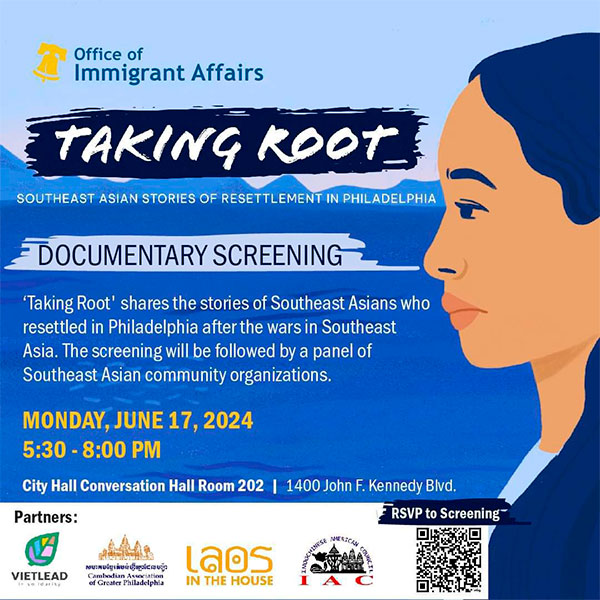
According to The Bulletin, one of the resettlement agencies, the Nationalities Service Center, helped resettle 3,000 refugees in Philadelphia. According to VietLead, from 1975 to 1995, the city’s Southeast Asian population grew from zero to 20,000.
As they settled in areas between white and black neighborhoods, racial tensions grew as minority communities began to compete for resources provided by the municipal government.
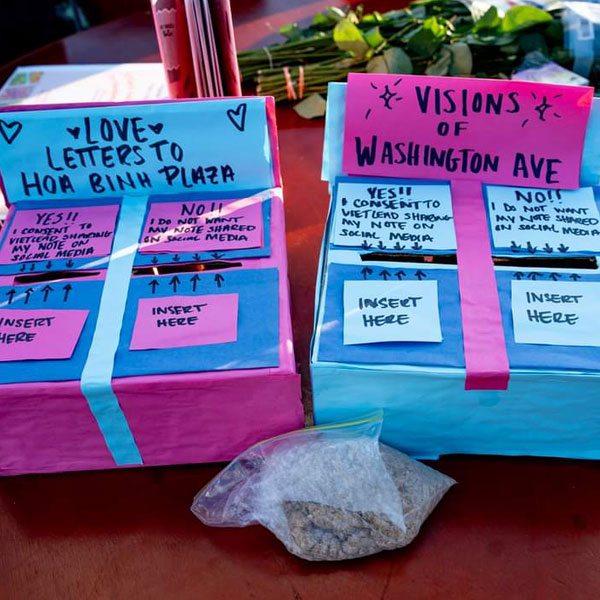
In 1978, local organizations received $200 from the state for each sponsored person. Each refugee received a bed, mattress, sheets, and kitchen utensils. In the documentary, organizer and teacher Debbie Wei recounts visiting one of those poorly conditioned houses where 23 Vietnamese people lived. The city government had no agency or system for resettlement.
Years later, the activist and other Asian women planned an organization in 1985 to help and protect their communities due to a wave of anti-Asian violence nationwide and in Philadelphia in particular. Thus, Asian Americans United emerged as an organized response to issues of violence, substandard housing, and the need for educational services, as well as the preservation of art and culture.
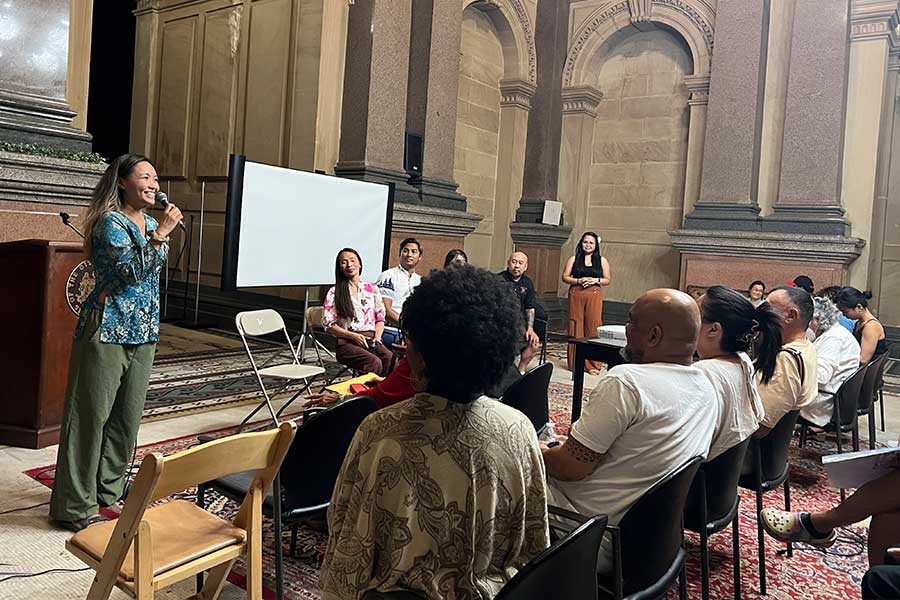
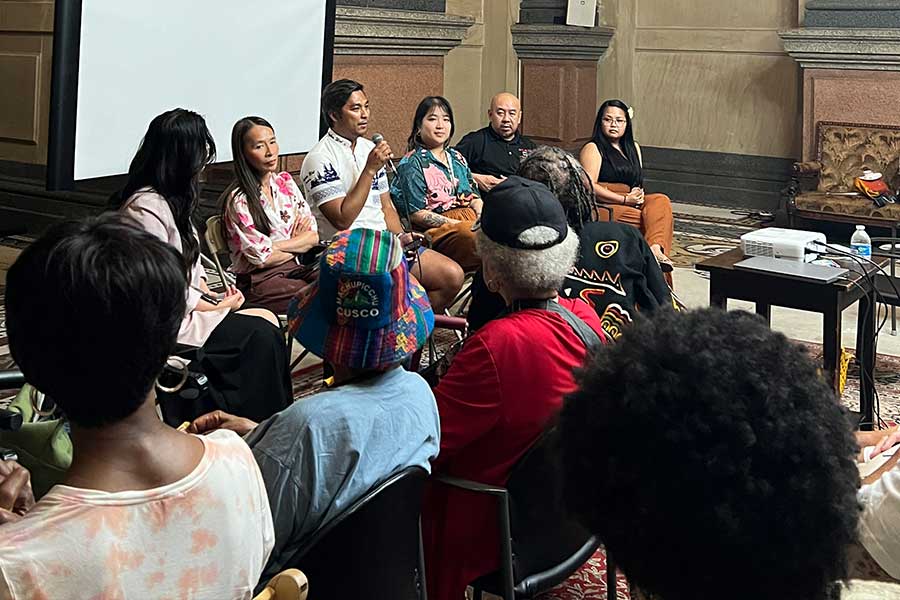
In more recent times
On December 3, 2009, thirty students at South Philadelphia High School, mostly Asians, were attacked mainly by black and some white students. The next day, Principal LaGreta Brown tried to downplay the attack. Sixteen-year-old Chinese student Wei Chen alerted the media and, along with 50 other students, organized an eight-day boycott, refusing to attend classes. These student actions made national headlines.
The organization Asian Americans United, where Helen Gym participated, reached an agreement after filing lawsuits against the School District of Philadelphia and the Department of Justice, due to Principal Brown and the teachers being «deliberately indifferent» to the growing tensions between Asian American and black students. The principal resigned, and changes were implemented at the institution.
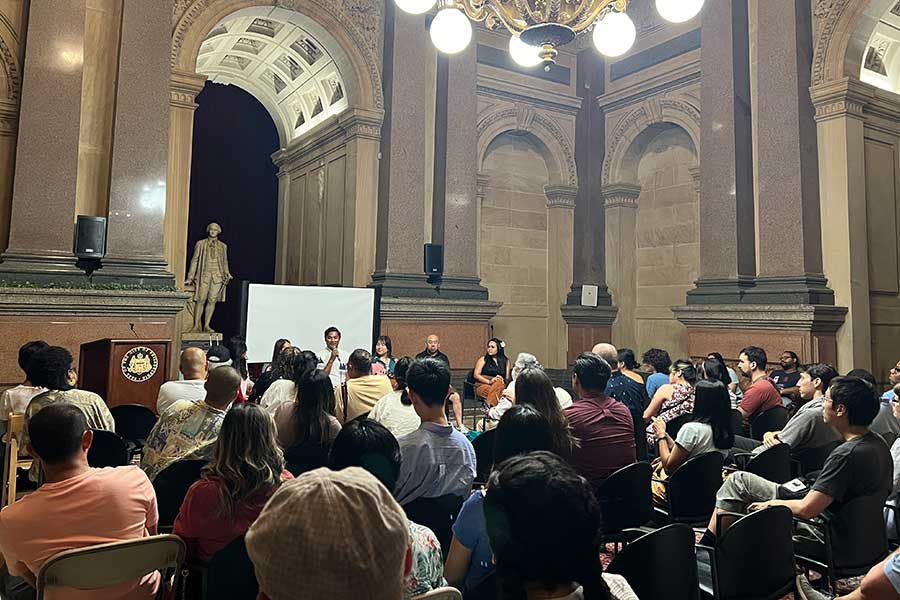
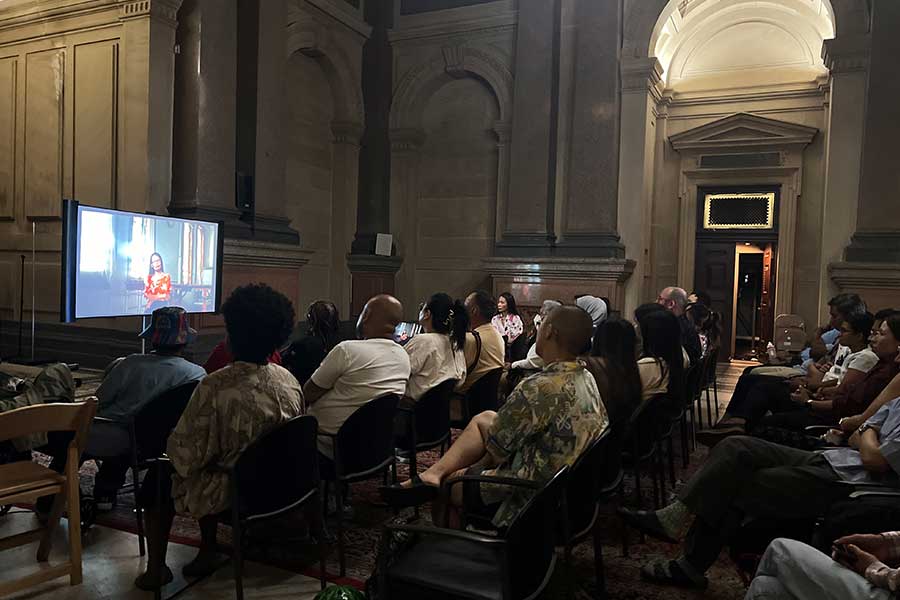
Wei Chen and his fellow students refused to blame other minority students for the violence, instead insisting that the administration take responsibility for school safety.
The documentary Taking Root also addressed the Washington Avenue North Coalition’s struggle to support Asian merchants evicted from the Hoa Binh Plaza at the corner of South 16th Street and Washington Avenue due to gentrification.
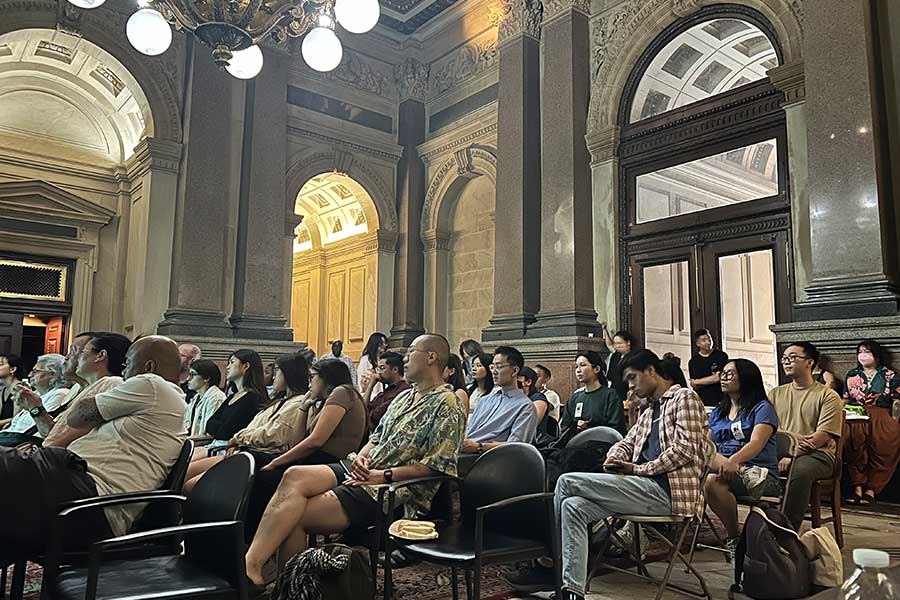
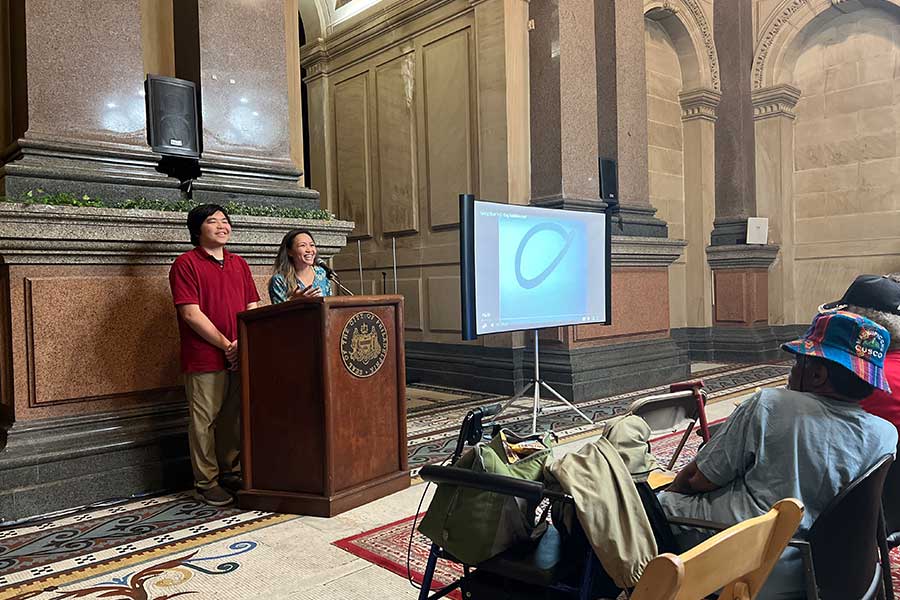
Another struggle of the Southeast Asian community was establishing their market in FDR Park in the southern part of the city.
The filmmakers documented, through interviews, the challenges faced by Vietnamese, Cambodians, and Laotians, like those faced by immigrants, such as language barriers, discrimination, xenophobia and lack of resources.
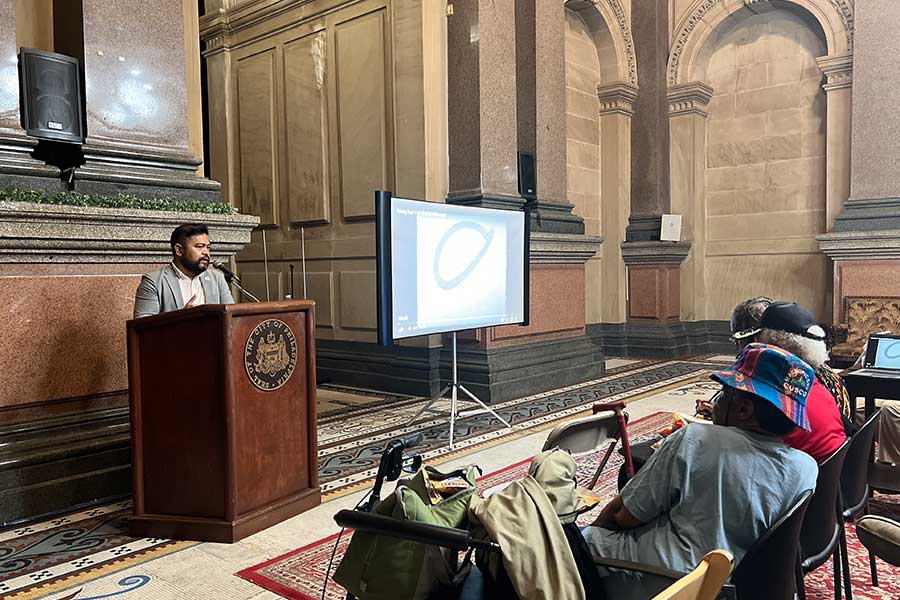
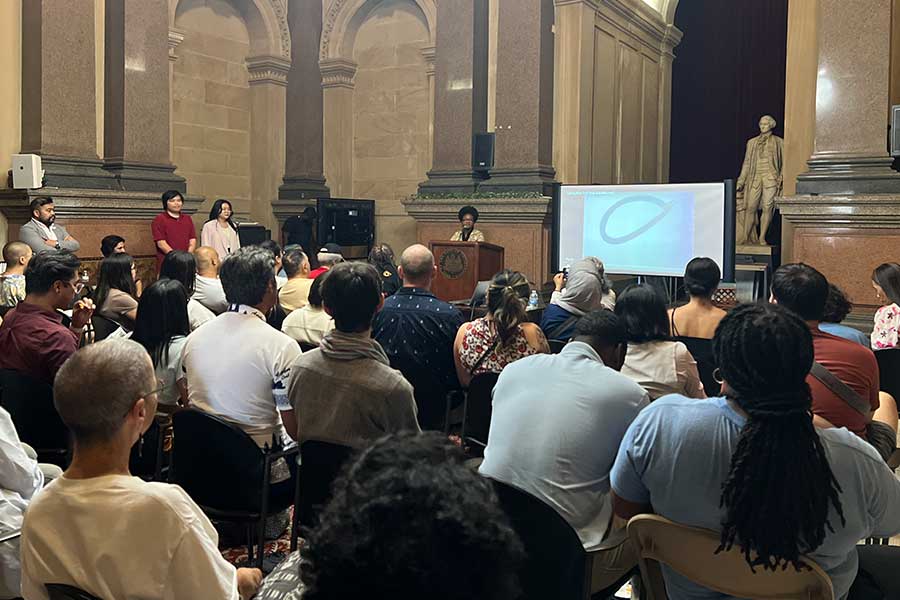
At the end of the event, a panel group consisting of Lani Nguyen, Pheng Seng, Rex Yin, Le-Quyen Vu, and Vicki Sundara expressed what the documentary Taking Root meant in their lives.







